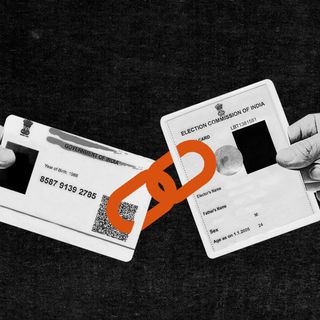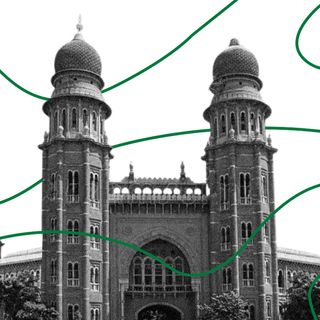In a salient order, the Madras High Court on Monday directed the central and state government to prevent any form of discrimination against women athletes with disabilities. To this end, the bench issued a set of 12 guidelines to offer relief.
The bench, comprising Justice R. Mahadevan, was ruling in the case of M. Sameeha Barvin, a Chennai-based athlete living with hearing difficulties. Barvincontendedshe was subjected to discrimination when she was not allowed to participate in the fourth World Deaf Athletics Championship held in Poland this year. Reportedly, Barvin is a three-time national gold medalist in deaf athletic championships and is also a world record-holder in the 100-meter track after breaking a 1986-record.
“They must be given all possible things required to realize their fullest potential to achieve success in sporting events,” the court said. Moreover, the bench condemned any unfair discrimination against women athletes with disabilities on “grounds of race, gender, sex, marital status, ethnic or social origin, color, sexual orientation, age, disability, religion, conscience, belief, culture, language, and birth.”
The support outlined includes financial assistance, free medical services, and proper selection criteria that streamline the policy around the selection of women athletes with disabilities, to ensure their participation with “equality and dignity.” In addition, the guidelines state that the athletes must be provided with disabled-friendly materials, clothes, prosthetics, and other accessories that may be required in day-to-day affairs during competitions. the court directed the Union Ministry of Youth Affairs and theSports and Sports Development Authority of Tamil Nadu to make sure the athletes feel safe and confident.
Interestingly, the court dismissed the argument of protectionism that states often cite when dealing with women athletes with disabilities. What the court called “romantic paternalism” was evident when state officials dropped Barvin citing her gender; she “is only a female athlete and also arrangements cannot be made for an escort due to shortage of funds,”the authorities said, according to her mother, The News Minute reported in August. In the current framework, the court directed the stategovernment to extend financial assistance to a family member accompanying such an athlete to international games.
Related on The Swaddle:
Disabled Female Athlete Held From Going To Championship ‘Alone’ Like It’s The 1800s
Susan Wendell, a women’s studies professor who has worked extensively on disability and feminism, once wrote: “Disabled women struggle with both the oppression of being women in male-dominated societies and the oppression of being disabled in societies dominated by the able-bodied.”
The intersectional nature of the injustice — that women athletes with disabilities face double discrimination due to their gender and disability — remains persistent. The bench called being a woman and also having a disability, a sort of “double jeopardy in the practical sense” especially in the world of sports.
At the 15th National Para Athletics Championship at Ghaziabad in 2015, for instance, athletes were lodged in unsafe spaces without basic amenities; mobile toilets were inaccessible forcing participants to defecate in the open. “The plight of women participants was worse with many not being able to bathe for the entire duration of their stay,” Muralidharan, General Secretary, National Platform for the Rights of the Disabled, wrote in The Indian Express. “Not much has changed since then.”
Research shows a corresponding gender disparity in participation: women athletes with disabilities participate less in Paralympics in comparison to their male counterparts. In 2021, India sent its largest-ever contingent to the Tokyo 2020 Paralympic Games, of which women accounted for only 25% of the participants (out of 54, 40 were male athletes). “It is, therefore, apparent that the sheer lack of numbers in participation by itself acts as a barrier to disabled women athletes,” the petitioner contended in the current cases.
This discriminationalso dismisses the guidelines under Section 30 of the Right of Persons with Disabilities Act, 2016. The section mandates restructuring of courses and programs to ensure access, inclusion, and participation of persons with disabilities in sporting activities; redesigning infrastructure; allocation of funds, etc.
“It is significant to note that where the axis of discrimination is not singular, but plural, multiple, cumulative or intersectional… Hence, they require more institutional, legal, and societal support to achieve success with specific reference to the world of sport,” the court added.




